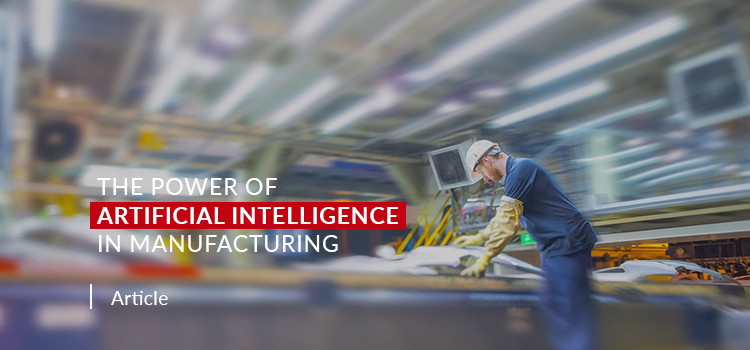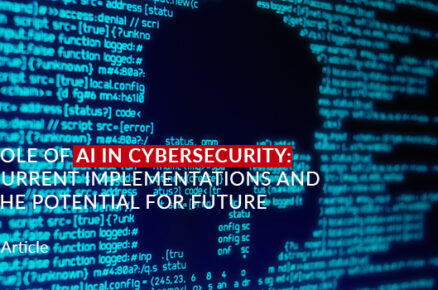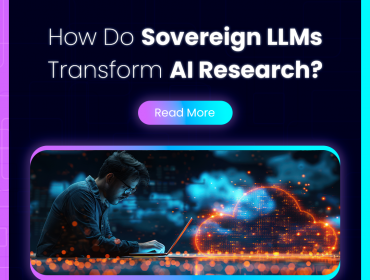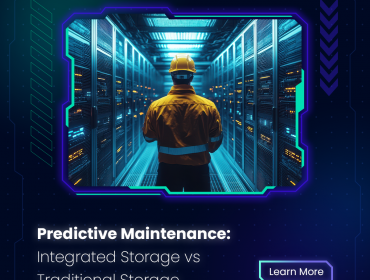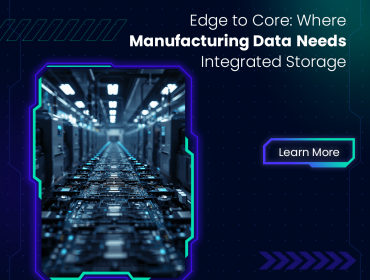As we all know that production has seen tremendous benefits from automation, Lean, and advanced IT, Artificial Intelligence guarantees to become the next productivity development breakthrough. AI-driven data analysis and actual-time insights have already started to help companies grow their income
Artificial Intelligence (AI) does have the potential to improve and expand human capacity as well as help businesses faster, achieve more, and more effectively. Although not a new concept at all, several more recent developments have made it possible for AI to cross into the mainstream: cloud computing, big data, and improved algorithms for machine learning.
-
Growth in the revenues
AI-driven analytics, and real-time insights, have begun to help the company grow its revenues as well as market shares quicker than the peers in sectors as diverse as health care, utility finance, and ecommerce.
- The Maker’s Annual Production Report 2018 did find that 92 percent of senior production executives believe that digital technologies from’ Smart Factory’–which include Artificial Intelligence will allow them to boost their productivity levels as well as empower employees to work more intelligently.
- There may be a positive outlook for the future, but there is still uncertainty. A latest Boston Consulting Group survey showed that there is a significant gap here between’ ambition as well as execution’ of an organization, with just one off of five companies involving AI in one or more of their procedures.
- Likewise, Forrester, a leading research firm, says 58 percent of business and technology professionals were researching AI structures, yet only 12 percent were using them actively.
The maker had spoken to Jamie Hall, senior alternatives expert for Microsoft, to learn as much about the opportunities that Artificial Intelligence retains for manufacturing organizations.
-
How often and how quickly will the manufacturing sector transform AI?
Manufacturers across the world are going to invest rapidly well into the Internet of Things (IoT) to develop products and services while, over most of the longer term, reducing production costs. This transformation changes the way developers think about engaging their customers, empowering their employees and optimizing their operations.
-
Internet of things(IoT)
Supplying IoT, however, is only part of the process to achieve greatness in manufacturing. Companies must combine data collected from connected devices of rapidly-advancing Artificial Intelligence to allow’ smart machines’ to know the full potential to IoT. In turn, they will simulate smart behaviour with little to no human intervention.
- The AI today manages and more traditional tasks in intelligent machines predominantly; however, this is progressing very rapidly. I expect AI’s adaptability to constantly changing functions will move rapidly into the mainstream.
- This is going to be a paradigm shift from supported intelligence to full autonomous intellect where machines may learn enough to make suggestions that people can trust.
- In addition to smart machines on a shop floor, that use of AI and big data will also be enormous over the next five years, with reliable algorithms used for all areas of operation, ranging from weather forecasts for the shipment of raw resources to predictive maintenance of a resulting product.
-
How do you think that business operations, as well as the strategy, will be affected by disruption?
Applying AI to production requires the introduction of some key basic technologies. It will be necessary to network a highly intelligent factory, collecting data from manufacturing lines, design & engineering teams, as well as quality assurance to create an integrated, intelligent operation. If suppliers do not have the right smart devices and data analysis points, then they are left with data which has little to no insight, and insight is what creates optimized operations of the world-class.
-
Customers become more centric
Industrial enterprises will have to become digital enterprises in order to survive as assets and customers become even more centric to the operations. The days of the linear journey have passed via the sourcing product to ongoing support. The creation of a 360-degree view of the customer as well as the ability to bring the product to a centre of operations and also the intimate understanding about how an item is used bring enormous benefits from the production of new products via improved industry models.
Of course, each one of these will add data analysis points to AI, machine learning as well as cognitive facilities to advance operation and ultimately an experience of a customer.


